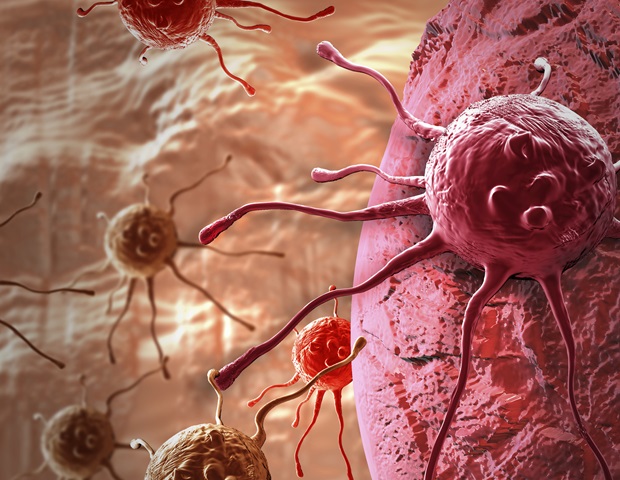
A recent Rutgers study identified factors that may put people who responded to the 9/11 terrorist attacks at the World Trade Center (WTC) at increased risk for cancers of the head and neck, such as oral cavity, oropharyngeal, and laryngeal cancers.
The study was the first of its kind to examine the impact of WTC-related exposure and behavioral risk factors, like smoking and alcohol use, on head and neck cancer risk among WTC general responders.
The research was published in Occupational & Environmental Medicine.
Led by Rutgers School of Public Health faculty, Michelle Bover Manderski and Judith Graber, the study found that responders who worked in the protective services, as well as other responders who arrived on 9/11 as opposed to later, are at increased risk for these cancers. Additionally, post-WTC years of cigarette smoking and higher number of sex partners (a risk factor for human papillomavirus infection) were each significantly associated with head and neck cancer.
Contrary to studies in the general population, heavy alcohol consumption was not associated with head and neck cancers in this study.
These results suggest that there are opportunities to reduce the risk of head and neck cancers among WTC-exposed populations, such as through smoking cessation or human papillomavirus education/vaccination programs. These findings also help WTC Health Program clinicians identify individuals who may be at highest risk for developing head and neck cancers.
There is no screening for head and neck cancers, but establishing a risk factor profile specific to WTC general responders will help us to identify those at higher risk, with hopes to improve detection and, in turn, treatment outcomes."
Bover Manderski, lead author and member of the Center for Tobacco Studies
The results were a part of a study funded by the Centers for Disease Control and Prevention WTC Health Program that aimed to understand risk factors for head and neck cancer among WTC Health Program General Responder Cohort members.
Bover Manderski concluded that "Our study, and many others, demonstrate that even now, almost two decades after the 9/11 attacks, new health consequences of the WTC attacks are emerging. This underscores the importance of long-term health monitoring of disaster survivors and responders."
Rutgers School of Public Health
Journal reference:
Bover Manderski, M.T. et al. (2019) Risk factors for head and neck cancer in the World Trade Center Health Program General Responder Cohort: results from a nested case–control study. Occupational & Environmental Medicine. doi.org/10.1136/oemed-2019-105890.






No comments
Post a Comment